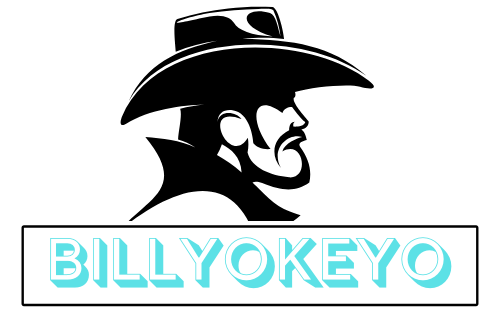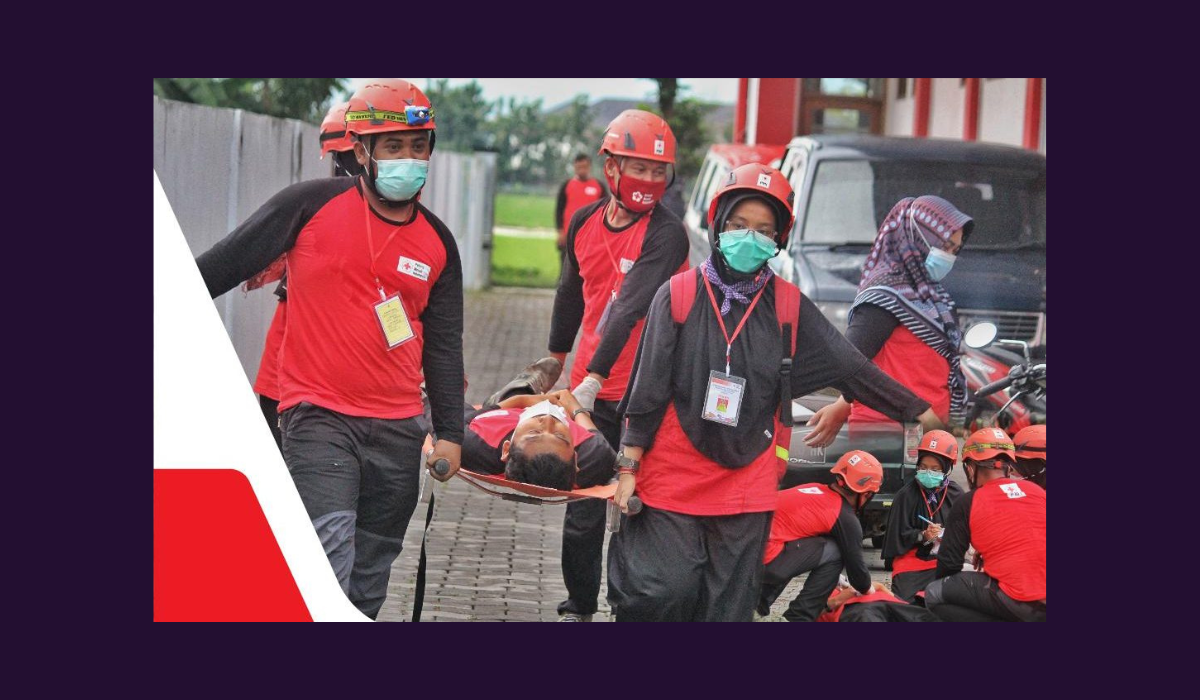Indonesia’s spirit of community service shines through its volunteer organizations, with Korps Sukarela leading the charge in grassroots activism and social impact. These volunteer corps have become essential pillars of Indonesian society, mobilizing citizens to address local challenges and create positive change in their communities.
From disaster relief to environmental conservation, Korps Sukarela represents more than just volunteer work—it embodies the Indonesian philosophy of gotong royong, or mutual assistance. This comprehensive guide explores how these volunteer organizations operate, their impact on society, and how you can become part of this meaningful movement.
What is Korps Sukarela?
Korps Sukarela translates to “Volunteer Corps” in English, representing organized groups of Indonesian citizens who dedicate their time and skills to serving their communities without monetary compensation. These volunteer organizations operate across various sectors, including education, healthcare, environmental protection, and emergency response.
The concept extends beyond simple volunteering. Korps Sukarela embodies structured, disciplined service that follows specific protocols and training programs. Members commit to regular participation, skill development, and adherence to organizational values that prioritize community welfare above personal gain.
Core Principles and Values
Every Korps Sukarela organization operates on fundamental principles that guide their activities:
- Selfless Service: Members serve without expectation of material rewards
- Community Focus: All activities aim to benefit local communities
- Skill Development: Continuous learning and capacity building for effective service
- Collaboration: Working together with other organizations and government agencies
- Transparency: Open communication about activities and resource utilization
Historical Foundation and Evolution
The roots of Korps Sukarela trace back to Indonesia’s independence movement, when citizen volunteers played crucial roles in nation-building efforts. After independence in 1945, these volunteer networks evolved to address peacetime challenges such as literacy campaigns, rural development, and disaster preparedness.
During the 1960s and 1970s, the government began formalizing volunteer structures to support national development programs. This period saw the establishment of many Korps Sukarela organizations that continue operating today, each developing specialized expertise in their chosen fields.
The 1998 reform era brought significant changes to Indonesia’s volunteer landscape. Democratic reforms created space for more diverse volunteer organizations, leading to the emergence of specialized Korps Sukarela groups focusing on specific issues like environmental protection, youth development, and technology education.
Modern Adaptations
Contemporary Korps Sukarela organizations have adapted to meet evolving societal needs. Many now incorporate digital technologies for coordination, training, and impact measurement. Social media platforms enable better communication and volunteer recruitment, while mobile applications help coordinate emergency responses and community programs.
Key Roles and Responsibilities
Members of Korps Sukarela take on diverse responsibilities depending on their organization’s focus and their individual skills. These roles typically include:
Direct Service Delivery
Volunteers provide hands-on assistance to community members, such as:
- Teaching literacy and numeracy skills
- Providing basic healthcare services
- Assisting elderly or disabled community members
- Conducting environmental cleanup activities
- Supporting disaster relief efforts
Community Mobilization
Korps Sukarela members act as catalysts for broader community engagement by:
- Organizing awareness campaigns on important issues
- Facilitating community meetings and discussions
- Building partnerships between different community groups
- Advocating for policy changes that benefit local residents
Capacity Building
Many volunteer corps focus on developing skills and knowledge within their communities through:
- Training programs for local youth
- Workshops on sustainable agriculture practices
- Financial literacy education
- Technology training for small business owners
Community Impact and Social Benefits
The influence of Korps Sukarela extends far beyond individual volunteer activities. These organizations create ripple effects that strengthen social cohesion and community resilience.
Educational Advancement
Many Korps Sukarela groups prioritize education, establishing informal schools, literacy programs, and skill training centers. These initiatives particularly benefit underserved communities where formal educational resources may be limited.
Volunteer teachers often provide supplementary education that complements formal schooling, helping students improve their academic performance and develop life skills. Adult education programs enable community members to acquire new competencies for better employment opportunities.
Healthcare Support
Health-focused Korps Sukarela organizations complement Indonesia’s healthcare system by providing preventive care, health education, and support for vulnerable populations. Volunteers often receive basic medical training to assist with routine health screening and emergency first aid.
These groups play particularly important roles in rural areas where healthcare facilities may be scarce or difficult to access. Mobile health programs organized by volunteers bring essential services directly to remote communities.
Environmental Protection
Environmental Korps Sukarela groups address critical ecological challenges through reforestation projects, waste management initiatives, and conservation education. These volunteers often work closely with local governments and environmental agencies to implement sustainable practices.
Community-based environmental programs have achieved measurable results, including reduced plastic waste in waterways, increased forest cover in degraded areas, and improved air quality in urban neighborhoods.
Joining Korps Sukarela: Requirements and Process
Becoming a Korps Sukarela member involves several steps, though specific requirements vary by organization and specialization area.
Basic Eligibility Requirements
Most Korps Sukarela organizations require candidates to meet these general criteria:
- Indonesian citizenship or long-term residency
- Minimum age of 17 years (some organizations accept younger volunteers with parental consent)
- Basic literacy and numeracy skills
- Commitment to volunteer for specified minimum periods
- Willingness to participate in training programs
Application Process
The typical application process includes:
- Initial Application: Submit a written application expressing interest and motivation
- Background Check: Provide references and undergo basic screening
- Interview: Meet with organization leaders to discuss goals and expectations
- Training Period: Complete required training programs specific to your chosen role
- Probationary Period: Demonstrate commitment and competence through supervised activities
- Full Membership: Receive official recognition as a Korps Sukarela member
Specialized Requirements
Certain Korps Sukarela roles require additional qualifications:
- Medical volunteers need relevant health education or certification
- Educational volunteers should have teaching experience or subject matter expertise
- Emergency response volunteers must complete safety and rescue training
- Technology volunteers need demonstrated technical skills
Personal and Professional Benefits
While Korps Sukarela members serve without monetary compensation, volunteering offers numerous personal and professional advantages.
Skill Development
Volunteer service provides opportunities to develop both hard and soft skills:
- Leadership and project management capabilities
- Communication and interpersonal skills
- Technical expertise in specific fields
- Problem-solving and critical thinking abilities
- Cross-cultural competence and language skills
Professional Networking
Korps Sukarela membership connects volunteers with diverse professionals, government officials, and community leaders. These networks often lead to career opportunities, business partnerships, and collaborative projects.
Personal Fulfillment
Many volunteers report high levels of personal satisfaction from contributing to meaningful causes. The sense of purpose and community connection provides psychological benefits that enhance overall well-being.
Educational Opportunities
Volunteer organizations frequently offer training workshops, conferences, and certification programs that advance members’ knowledge and qualifications. These learning opportunities are often provided free of charge or at reduced costs.
Success Stories and Community Transformations
Real-world examples demonstrate the transformative power of Korps Sukarela initiatives across Indonesia.
Rural Education Initiative
A Korps Sukarela group in East Java established a mobile library program that serves 15 villages. Over three years, volunteers have distributed over 10,000 books and provided reading instruction to more than 500 children. Local literacy rates have improved measurably, and several program graduates have received scholarships for higher education.
Urban Environmental Project
Jakarta-based environmental volunteers organized a waste reduction campaign that engaged 2,000 households in sustainable practices. The initiative reduced neighborhood waste by 40% and established a community recycling center that generates income for local families.
Healthcare Outreach Program
Medical volunteers in Papua provide monthly health screenings in remote villages. Their efforts have improved vaccination rates, reduced maternal mortality, and established health education programs that benefit entire communities.
Challenges and Innovative Solutions
Despite their positive impact, Korps Sukarela organizations face various challenges that require creative solutions.
Funding Limitations
Many volunteer organizations struggle with limited financial resources for programs and equipment. Successful groups have addressed this through:
- Partnerships with local businesses and international organizations
- Crowdfunding campaigns and online fundraising
- Government grants and subsidies
- Revenue-generating social enterprises
Volunteer Retention
Maintaining long-term volunteer commitment can be difficult, especially when members face competing demands from work and family. Effective retention strategies include:
- Flexible scheduling and remote volunteer opportunities
- Recognition programs and awards
- Professional development opportunities
- Strong social connections among members
Coordination Challenges
With numerous Korps Sukarela groups operating in similar areas, coordination becomes essential to avoid duplication and maximize impact. Solutions include:
- Regular inter-organization meetings and planning sessions
- Shared databases and communication platforms
- Joint training programs and resource sharing
- Coordinated response protocols for emergencies
The Future of Volunteer Service in Indonesia
Korps Sukarela organizations continue evolving to meet contemporary challenges and opportunities.
Digital Transformation
Technology adoption is transforming how volunteer organizations operate:
- Online training platforms expand learning opportunities
- Mobile apps facilitate better coordination and communication
- Social media enables broader community engagement
- Data analytics help measure and improve program effectiveness
Youth Engagement
Younger generations bring fresh perspectives and digital skills to volunteer organizations. Many Korps Sukarela groups are adapting their approaches to attract and engage millennial and Gen Z volunteers through:
- Social media recruitment campaigns
- Project-based volunteering opportunities
- Integration of technology and innovation
- Focus on global issues like climate change and social justice
Government Partnerships
Increasing collaboration between volunteer organizations and government agencies creates opportunities for greater impact and sustainability. These partnerships often involve:
- Joint program development and implementation
- Shared funding and resource allocation
- Policy advocacy and development
- Professional development opportunities for volunteers
Making Your Mark Through Service
Korps Sukarela represents the best of Indonesian community spirit—ordinary citizens working together to create extraordinary positive change. Whether you’re interested in education, healthcare, environmental protection, or community development, there’s a volunteer opportunity that matches your skills and interests.
The path to meaningful community service begins with a single step. Research local Korps Sukarela organizations, attend information sessions, and connect with current volunteers to learn about opportunities in your area.
Your contribution—no matter how small it may seem—can create ripple effects that benefit entire communities. Join the thousands of Indonesians who are already making a difference through Korps Sukarela, and discover how volunteer service can transform both your community and yourself.
Ready to start your volunteer journey? Contact your local Korps Sukarela organization today and take the first step toward meaningful community service.
You May also like:





